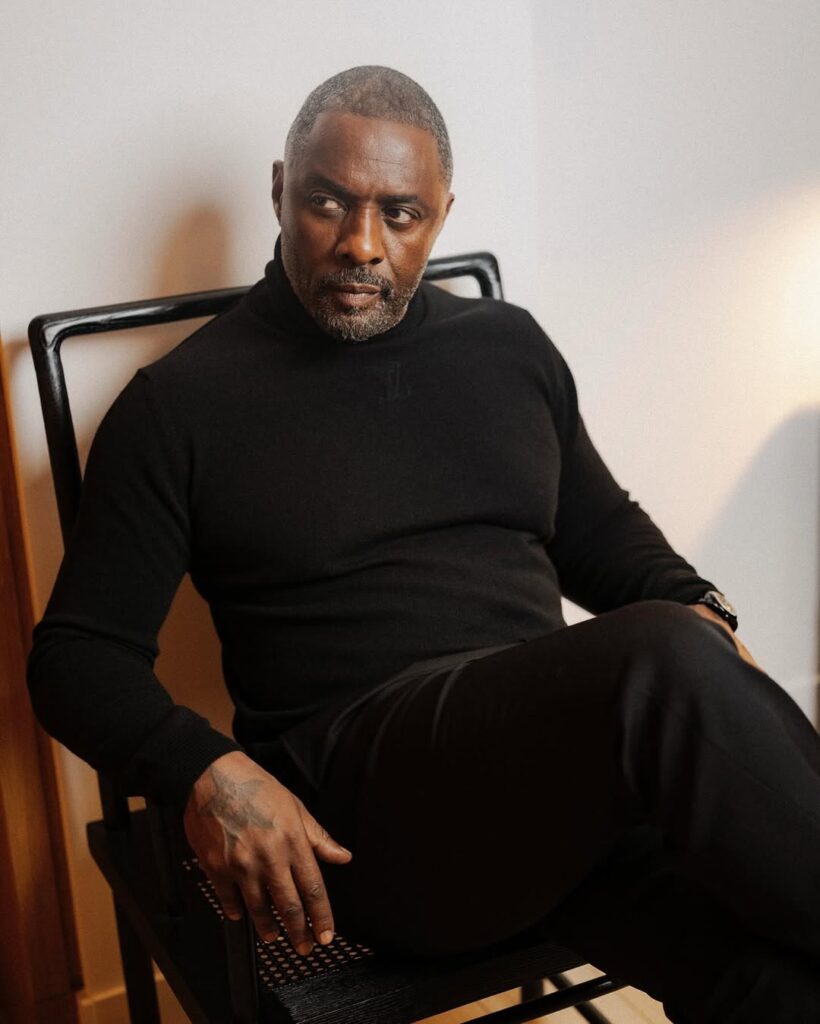We’re living at a time where the hard conversations are necessary. Where we may have been willing to look the other way in the past, today’s stories of racial prejudice and gender discrimination are more than news headlines, they are calls for action. Recently, we’ve seen people around the world take to the streets in protest. From the Black Lives Matter protests, to those for Anti-Asian hate crimes, there has never been a more urgent need to stand in solidarity and ensure the voices of those who are marginalised or part of the minority are heard.
Though society has been quick to demand change, the same can’t be said for Hollywood. The film industry continues to receive backlash for whitewashing and a lack of diversity. Now, it appears there is still much work to be done, particularly when it comes to Asian and Pacific Islander roles. According to a recent study that focused on API representation across 100 top-grossing films from 2007-2019 (1,300 in total), it was found that 67 per cent of API characters in top films from 2019 were based on stereotypes and tired tropes. And when it comes to the top 44 movies between 2007 to 2019 that depicted API leads or a co-lead, 14 of them were played by Dwayne Johnson.
Based on the findings of Nancy Wang Yuen, Stacy L. Smith and the USC Annenberg Inclusion Initiative, with funding from Amazon Studios and UTA Foundation, the report found that examples of stereotypical API characters included Pramesh Singh in Dumbo and Bruce Lee in Once Upon a Time in Hollywood. It’s not the first time concerns over the depiction of API characters has been voiced, after Bruce Lee’s own daughter Shannon took issue with the action icon’s portrayal, believing it to be “disrespectful.”
Other startling revelations to have come to light in the wake of the study were that over 25 per cent of API characters in top 2019 films died by the end of the movie, and over 41 per cent experienced disparagement (six of which were racist/sexist slurs). All of the deaths but one ended violently. When you look at gender, just six of the 44 total API leads/co-leads were women. In contrast, 22 individual actors worked one or more times as a protagonist for the roles. As the study’s authors noted: “white male actors named Ben, Chris, Daniel, James, Jason, John, Josh, Michael, Robert, Sean, or Tom were more likely to be hired as the top actor in a film than any API female actor with any name auditioning in all of Hollywood.”
When it comes to API directors, just 3.5 per cent of all directors behind the 1,300 films were of API descent. Not one API woman received sole directing credit of a live-action film across the top-grossing movies from 2007-2019.
In mainstream movies, API characters are largely absent. Just 5.9 per cent of the characters in 1,300 total films analysed in the study were of Asian or Pacific Islander descent which is deeply troubling. For young people growing up, not being able to see themselves depicted on the screen is an issue that needs to be addressed with greater urgency. As the researchers concluded, even despite the fact that the number increased to 8.4 per cent in 2019, “There has been no meaningful change over time.”
Most of the roles tended to highlight API characters as the perpetual foreigner, a trope that has been exhausted in Hollywood. As EW reports, “Nearly a fifth of API primary and secondary characters either spoke English with a non-American accent or in a non-English language.” THe publication went on to add, “In the 13-year-span that the researchers examined, 39 per cent of the top films had no API speaking characters, rendering them invisible.”
As the study was quick to recommend, the need to cast API actors is essential, but Hollywood needs to do more. Their characters need to be multidimensional and go beyond the exhausted stereotypes we’ve seen before. “Humour that is rooted in racial/ethnic slurs…must be examined closely. Laughter may reinforce problematic portrayals and obscure the harmful nature of language use,” they added.
“In this way, films reflect the worst impulses of an environment in which hate crimes, harassment, and violence face the API community daily. In contrast, research shows that humanisation can reduce aggression,” the study’s authors noted. “These steps are necessary to address the concerning way in which the API community has been depicted in film. The privilege of telling stories to mass audiences also carries with it a responsibility to recognise the power such narratives can have in concert.”














